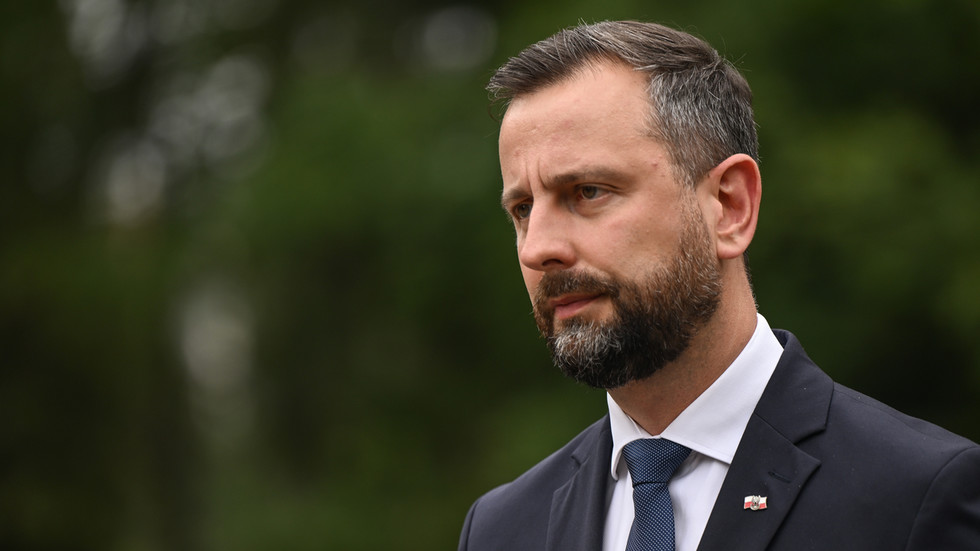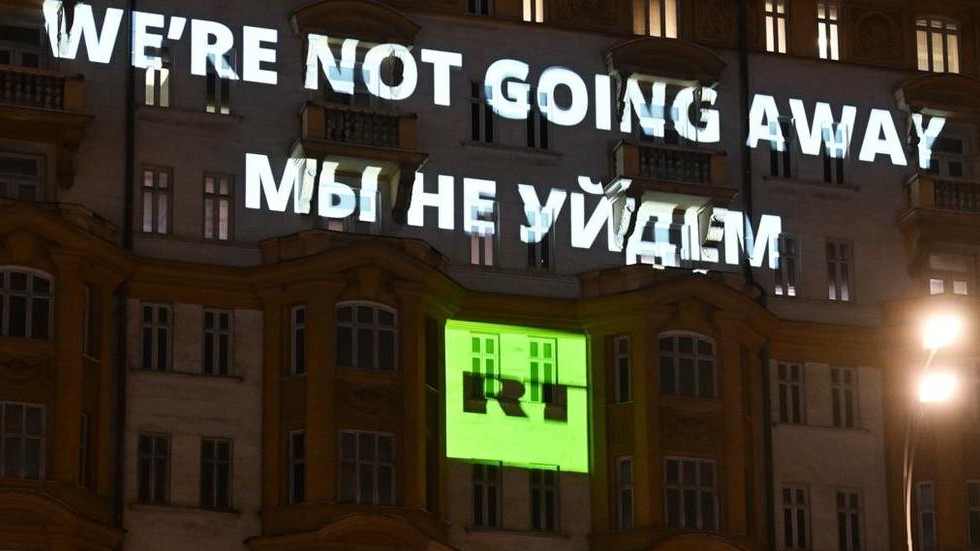United States President Joe Biden has faced months of growing pressure to stop sending weapons to Israel as the US ally wages war in the Gaza Strip.
Rights advocates, lawmakers and protesters across the US have demanded an end to the transfers, warning the president that the arms were being used in human rights violations and war crimes in Gaza.
This week, senior Biden administration officials confirmed that Washington had paused one shipment of “high payload munitions” to Israel over concerns about the Israeli military’s planned offensive in the southern Gaza city of Rafah.
Biden himself appeared to go a step further on Wednesday evening, telling CNN that he would not be “supplying the weapons that have been used historically to deal with Rafah” if Israeli forces go into “population centres”.
But what exactly did Biden say, what do his remarks mean in practice and what do experts say should come next?
What did Biden say?
CNN’s Erin Burnett asked Biden in an interview that aired on Wednesday about his administration’s decision to pause the single weapons shipment to Israel, which contained 1,800 bombs, each weighing about 900kg (2,000lb), and another 1,700 bombs weighing 226kg (500lb) each.
“Have those bombs, those powerful, 2,000lb bombs, been used to kill civilians in Gaza?” Burnett asked.
Biden replied: “Civilians have been killed in Gaza as a consequence of those bombs and other ways in which they [the Israeli forces] go after population centres.”
“And I made it clear that if they go into Rafah — they haven’t gone into Rafah yet — if they go into Rafah, I’m not supplying the weapons that have been used historically to deal with Rafah, that deal with the cities, that deal with that problem.”
The US president added that his administration would “continue to make sure Israel is secure in terms of [its] Iron Dome” missile defence system as well as in its ability to “respond to attacks”.
“But it’s just wrong. We’re not going to supply the weapons and the artillery shells,” he said.
Burnett then asked Biden whether Israeli forces, which this week seized the Gaza side of the Rafah border crossing with Egypt and launched deadly attacks on the city, had not already “gone into Rafah”.
“They haven’t gone into the population centres. What they did is right on the border,” Biden said.
“I’ve made it clear to ‘Bibi’ [Israeli Prime Minister Benjamin Netanyahu] and the war cabinet: They’re not going to get our support if in fact they go into these population centres.”
The Rafah border crossing is, however, contiguous with the town of Rafah, and Palestinians point out that even before Israel seized the area, it had been hitting Rafah with air attacks throughout the war, killing numerous civilians, including children.
What does Biden’s warning mean in practice?
Brian Finucane, a senior adviser in the US programme at the International Crisis Group, said Biden was not explicit about the types of weapons that would fall into what he described as those “used historically to deal with Rafah”.
The US president’s remarks also were not “a model of clarity as to what the trigger would be for such a termination, given the fact that Israeli troops are already in Rafah“, Finucane told Al Jazeera.
He added that “even if there were an immediate cut-off of air-delivered munitions or artillery shells” to the Israeli military, “that may not have an immediate operational impact based on the stores they may have on hand.”
Still, Finucane said, “This is another step … and it’s an overdue step, but I think it remains to be seen how the Biden administration will carry through on this.”
Patrick Bury, a professor at the University of Bath specialising in warfare, said a wide-scale military operation in Rafah would lead Israel to burn through its munitions very quickly, however.
As a result, a potential US weapons cut-off “is going to be a major consideration” for Israel, Bury told Al Jazeera in a television interview.
Speaking on Thursday, Netanyahu responded to Biden, saying Israel would “stand alone” if it had to.
“I have said that if necessary, we will fight with our fingernails,” the prime minister said in a video address. “But we have much more than fingernails, and with that same strength of spirit, with God’s help, together we will win.”
What signal does it send?
Raed Jarrar, advocacy director at Democracy for the Arab World Now (DAWN), a think tank in Washington, DC, said Biden’s announcement in practice is “very limited, very qualified [and] very conditional”.
Biden’s reasoning also is flawed, Jarrar told Al Jazeera, in that it is tied to a disagreement between the US and Israeli governments over Israel’s military tactics and push to launch a full-scale attack on Rafah.
However, Jarrar said the US president’s remarks are a signal that Washington’s “blank cheque policy to Israel seems to be coming to an end”.
They also are effectively an “admission that Israel is committing very serious crimes using US weapons – and that admission should lead to very serious consequences that are mandated under US law”, Jarrar said.
What else do experts and rights advocates say the US should be doing?
Finuncane said it is important “not to lose sight of the larger picture” during discussions on Israel’s military tactics in Rafah.
“The US has substantial leverage to bring to bear to try to bring this conflict to an end,” he said, pointing to the weapons and other military assistance the American government provides to Israel.
“It should be using that leverage after seven long months of conflict to bring about an end to the fighting, enable the hostage exchange, … enable aid to get into Gaza and hopefully lower the temperature in the region writ large.”
The US sends Israel $3.8bn in military aid annually, and Congress recently approved billions of dollars in additional support for the country.
Jarrar also said the Biden administration needs to apply the country’s own laws, such as the Arms Export Control Act and the Foreign Assistance Act. The latter includes the so-called Leahy Law, which prohibits assistance to foreign military units that commit abuses.
The Biden administration’s own self-declared policy on conventional arms transfers also prohibits weapons transfers to countries “suspected of committing genocide or other broad violations of human rights, using US weapons”, Jarrar said.
The International Court of Justice, the top United Nations court, said in January that there was a plausible risk of genocide in Gaza and ordered Israel to prevent any genocidal acts from taking place in the enclave.
“There is a lot” that the Biden administration can do, Jarrar added. “There are also moral and legal commitments [that] the administration is breaching with its continued aiding and abetting of Israel.”

 5 months ago
29
5 months ago
29









